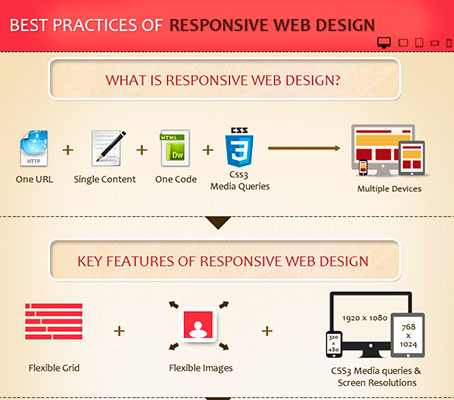Usual Web Hosting Errors To Prevent For Beginners
Usual Web Hosting Errors To Prevent For Beginners
Blog Article
Write- Read the Full Article -Hartley Lodberg
Are you a novice embarking on the interesting trip of web hosting?
Well, beware of the challenges that can plague your on-line presence. From choosing the wrong holding strategy to forgeting critical security actions, there are common errors that can prevent your web site's success.
But stress not, for in this conversation, we will shed light on these blunders and give you with the understanding to steer clear of them.
So, twist up and prepare to browse the treacherous waters of webhosting with self-confidence and wisdom.
Selecting the Wrong Webhosting Strategy
Don't make the error of picking the wrong host strategy; it can dramatically impact the success of your website.
When it involves picking a webhosting plan, there are a few vital aspects you require to take into consideration.
Primarily, think about local seo strategy of your web site. What kind of content will you be hosting? How much web traffic do you anticipate? These factors to consider will aid you identify the appropriate amount of storage space, transmission capacity, and server resources you call for.
One more important variable is reliability. You want a hosting supplier that ensures minimal downtime and fast loading rates.
Additionally, take into consideration the scalability of the hosting plan. As your website grows, you may require to update to a higher plan.
Neglecting Internet Site Protection Actions
When it concerns ensuring the success of your site, forgeting proper safety measures can have damaging effects. Neglecting website protection can leave your website at risk to strikes and compromise the delicate info of your users. Below are 3 reasons that you should focus on site protection:
- ** Safeguard your reputation **: A protection breach can harm your online reputation and deteriorate trust fund with your customers. It takes some time and initiative to reconstruct that depend on once it's lost.
- ** Avoid economic losses **: A hacked internet site can result in monetary losses due to swiped data, downtime, and the expense of recovering from the strike. Investing in safety measures can aid alleviate these risks.
- ** Guarantee nonstop procedure **: A secure site is less likely to experience downtime caused by assaults or malware. By carrying out safety and security steps, you can ensure that your web site remains easily accessible and functional for your users.
Taking website safety seriously is vital for the long-term success and reliability of your on the internet visibility.
Overlooking Regular Backups and Updates
Consistently supporting your internet site and keeping it up-to-date is crucial for its smooth functioning and defense against prospective threats. Many novices make the mistake of neglecting the relevance of routine backups and updates, assuming that their web site is risk-free and safe without them.
However, failing to support your web site leaves you vulnerable to information loss in case of a web server collision, hacking, or unexpected removal. Updates, on the other hand, are necessary for keeping your website safe and secure and updated with the latest attributes and bug fixes. Overlooking updates can result in security susceptabilities and compatibility problems with plugins and styles.
Consequently, make it a top priority to frequently backup your site and install updates to ensure its stability, safety, and optimal performance.
Verdict
So, keep in mind to tread meticulously when beginning with web hosting.
Don't come under the catch of picking the incorrect plan or neglecting security measures.
Always focus on routine backups and updates to guarantee the smooth performance of your site.
As the saying goes, 'an ounce of avoidance deserves an extra pound of treatment.'
Take the necessary preventative measures to stay clear of typical web hosting blunders and appreciate an easy on the internet presence.
